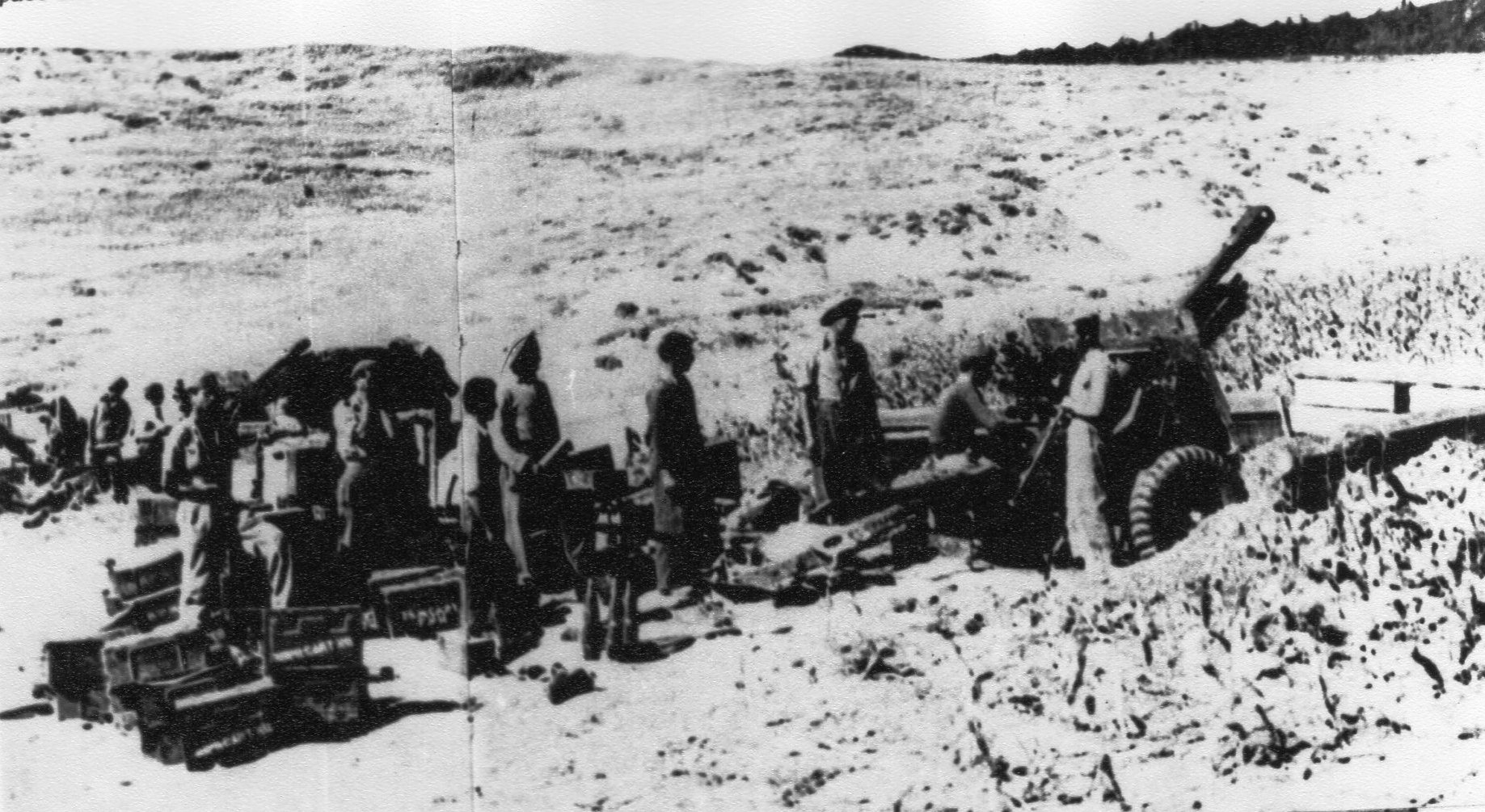It was Athens, after 478 the strongest naval power, that organized the new Greek alliance, designed to liberate the Ionian cities still subject to Persia and to maintain the defenses. Athens contributed most of the ships, while the other cities were assessed contributions in both ships and money. Since the treasury of the alliance was on the island of Delos, the alliance is called the Delian League. Under Cimon it scored a major victory over the Persians in Asia Minor in 469 B.C.
Themistocles accurately foresaw the great danger that lay ahead for Athens-the long-range threat from Sparta. Like Miltiades, he had lost the confidence of the Athenians after he had done them invaluable service. About 470 he was ostracized; while in exile he was charged with corruption. In c. 465 he fled to the Persians.
In 462 a new reform further democratized Athenian government: The aristocratic Areopagus Council lost most of its powers to the Council of Five Hundred, the assembly, and the popular courts instituted by Solon. The reform was partly inspired by a brilliant young aristocrat named Pericles. By about 457 the patriotic and incorruptible Pericles had become the leading Athenian politician, responsible for the many military and naval operations conducted simultaneously against the Persians in Egypt (an expensive failure), against the Spartans, and against certain members of the Athenian alliance itself who resented Athens’s dominating ways.
At home Pericles pressed for democracy, inaugurating a system of state pay, first for jurymen and later for those rendering other services to the state. State service was thus transformed from an activity that the poor could not afford into one that they welcomed. To limit the number of those eligible for such payment, Pericles also limited Athenian citizenship to those whose parents were both Athenian. He also saw to it that the money to pay all these people would come only from Athens’s allies.

